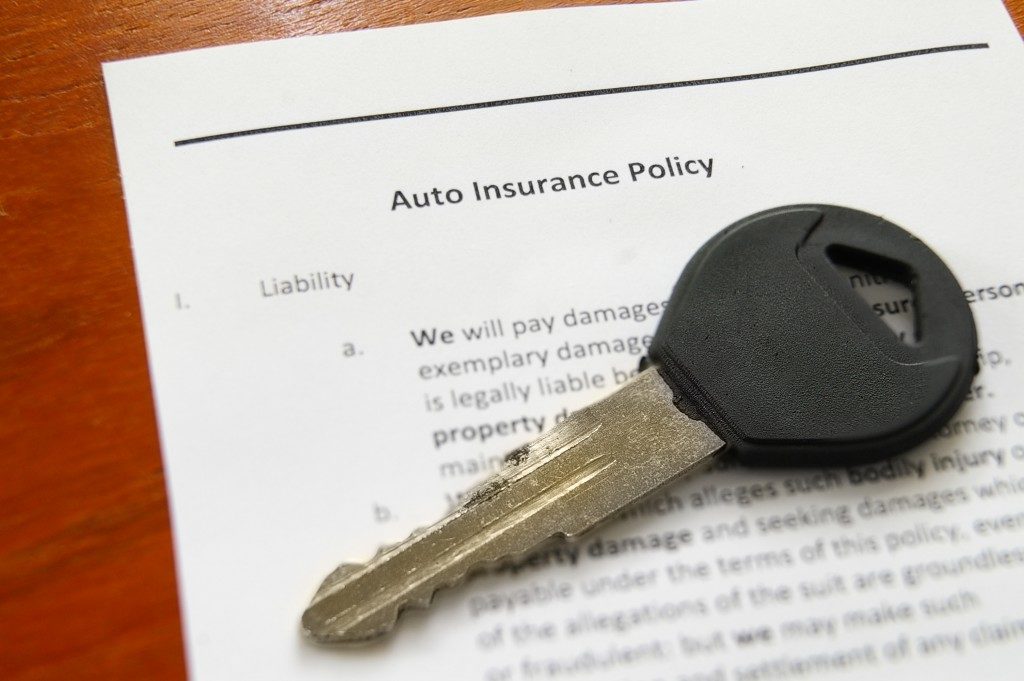- Check your tires for wear and damage, and consider winter-grade tires if traveling in cold climates.
- Clean out the car, remove debris, and vacuum the seats and mats to reduce clutter.
- Change the oil and air filter regularly to keep the engine running efficiently.
- Inspect your battery for corrosion, low levels of fluid, and other warning signs.
- Test your vehicle’s brakes before beginning the journey to ensure they’re working properly.
Vacations are a great time to get away, relax, and explore new places. However, the last thing you want is to be stuck on the side of the road due to car trouble. To make sure your trip goes as smoothly as possible, it’s crucial to perform some essential automotive maintenance before you hit the road. Look at some tips to ensure your vehicle is ready for any adventure.
1. Check Your Tires
Checking your tires should be a top priority before heading out on any road trip. Check the tire pressure (found in your owner’s manual) and look for signs of wear or damage, such as bulges, cracks, or bald spots. If you find any of these issues, have your tires inspected by a professional immediately. These can be signs of a more severe problem, so having them checked out is important.
Additionally, winter-grade tires are highly recommended for driving in heavy rain or snow during your trip since they provide better traction in cold weather conditions. You should also have a spare tire in the trunk in case you get a flat. This can save you a lot of time and hassle if you get stranded on the side of the road.

2. Clean Out Your Car
Cleaning out your car before a road trip is essential for safety, but it can also help reduce clutter and make the ride more enjoyable. This means removing debris from the floorboards, wiping surfaces, and vacuuming the seats and mats. Removing unnecessary items from the car can also help improve gas mileage.
You can also opt to bring your car to an auto detailing shop. A professional auto detailing company can ensure your vehicle is free of dirt, dust, and other debris. They can also ensure your vehicle is in top condition by performing interior and exterior detailing. Ask your local auto detailing shop what services are available to thoroughly clean your car before your next road trip.
3. Change Your Oil
A well-maintained engine is essential for avoiding costly repairs down the line. Ensure you regularly check and change your oil according to the manufacturer’s guidelines and use an oil that meets their specifications. This will keep your engine running smoothly and efficiently while reducing carbon emissions from dirty oil buildup. You should also replace your air filter if it appears clogged or damaged; this helps keep dust particles from entering the engine and damaging its components over time.

4. Inspect Your Battery
Your battery can be one of the most common causes of car trouble when embarking on long trips, so it’s essential to inspect it beforehand. Battery issues can range from corrosion to a loss of charge, so if you notice any of these warning signs, have your battery checked by a professional before leaving. Check the following areas for issues:
a. Battery terminal connectors
These should be clean and tight, with no signs of corrosion. You can use baking soda and water to clean them if needed.
b. Battery fluid levels
Check the fluid level of your battery using a hydrometer. If the level is below 12.4 volts, it’s time to replace your battery.
c. Battery case
Look for any cracks or bulges in the battery casing, which may indicate a need for replacement. Some batteries also have a vent line near the top; ensure this isn’t blocked or clogged.
d. Alternator belt
If you’re unsure how to check these, have a mechanic inspect them. Loose or worn belts can affect the alternator’s ability to recharge the battery, so it’s essential to ensure they’re in good condition.
5. Check Your Brakes
Before hitting the open road, always inspect your brakes for any signs of wear or damage. If you hear a squeaking noise when you apply the brakes, this indicates your brake pads may be worn and need to be replaced. You should also have a professional check your brake fluid levels and make sure the lines are free of any blockages. Finally, test your brakes before beginning your journey to ensure they work correctly. This can help you avoid unexpected issues while on the road and ensure your safety.
Proper automotive maintenance ensures a safe road trip with minimal hassle. From checking your tires and cleaning out your car to inspecting the battery and checking your brakes, following these tips can help you avoid potential problems on the road. With some preparation and foresight, you can ensure your next vacation goes off without a hitch.



